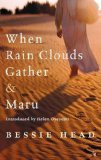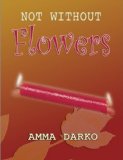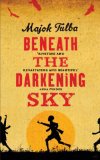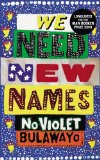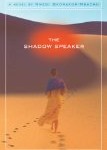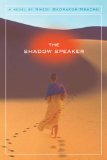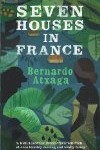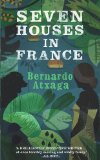Five words from the blurb: Botswana, outsiders, help, community, farming
When Rain Clouds Gather is an African classic. It was first published in 1968 and gives an insight into life in rural Botswana. The book follows Makehaya, a South African convict who escapes across the border into Botswana. In a small village he meets Gilbert, an Englishman determined to help the local community by introducing modern farming methods. They work together to try to improve lives in this rural area, but a severe drought threatens to starve them all.
This book was very easy to read. The writing was compelling and deceptively simple, but there was depth and symbolism buried just beneath the surface:
‘Even the trees were dying, from roots upwards,’ he said. ‘Does everything die like this?’
‘No,’ she said. ‘You may see no rivers on the ground but we keep the rivers inside us. That is why all good things and all good people are called rain. Sometimes we see the rain clouds gather even though not a cloud appears in the sky. It is all in our heart.’
I was initially concerned that everything was seen through the eyes of outsiders. I longed to know what the native community thought of these newcomers and to find out what life was like before they arrived, but by the end of the book I realised that the writing encouraged me to think more about these issues than if it had been explained to me. I missed the raw emotion, but the book was probably stronger without it.
Another minor problem was that this book failed to explain the political situation of the country. Botswana became an independent country in 1966 and a knowledge of events leading up to this would increase the reader’s appreciation of the book. I read a potted history online, but still felt I was missing out on something.
Overall this is a very important book. The issues were all mine and I’d encourage everyone to read this classic piece of African literature.

.
